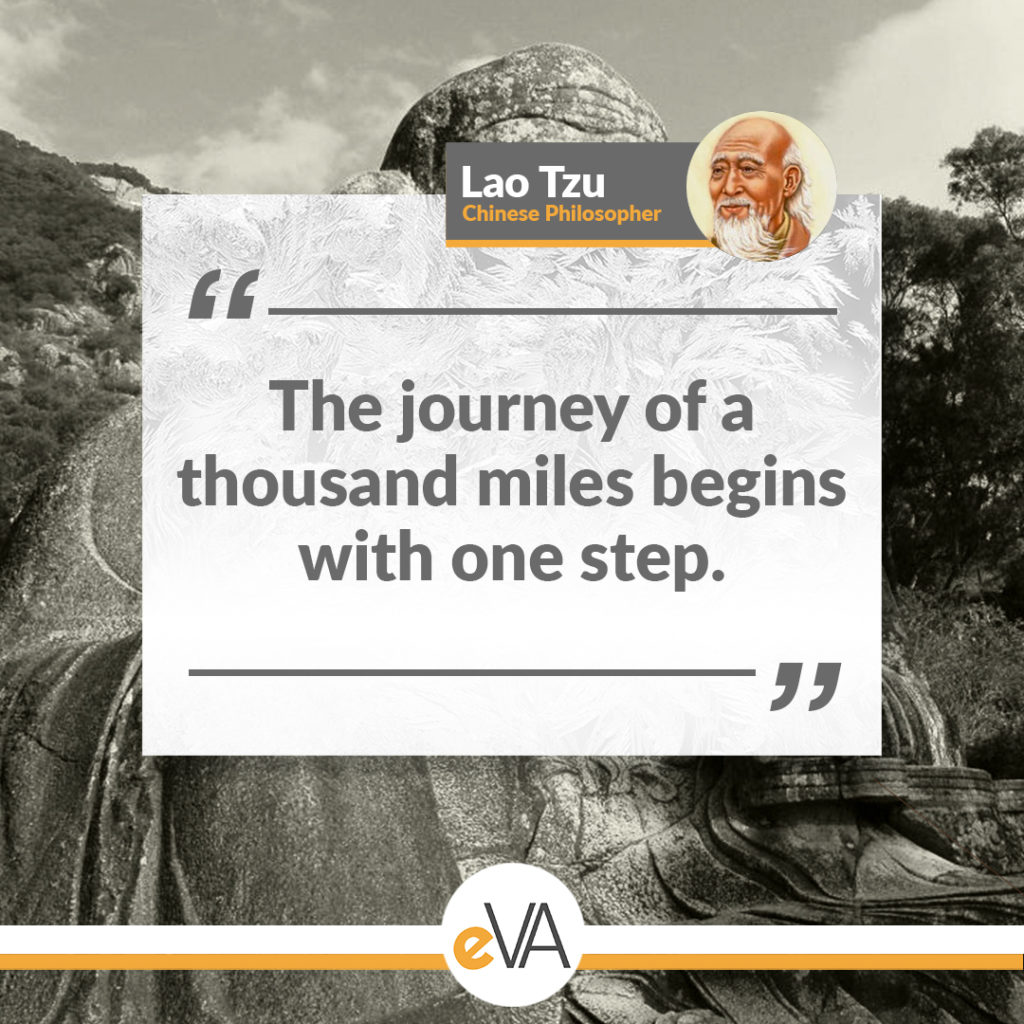Change happens all the time. But it’s still hard to accept that we need to move along with the change. We are quite hard-headed when it comes to this and this refusal to take action has consequences that can range from missing the train to bankruptcy. Inaction costs you money.
In business, the Cost of Inaction (COI) is regarded similarly to Return of Investment in the sense that both are tools that are used to predict the possible outcome/s of a certain action. Forbes magazine claims that COI is both a mindset and an actionable metric. Adopting COI offers a different perspective that can improve your decision-making skills.
You might think that inaction should cost you nothing since you’re not even using resources of any kind and you’re just letting things happen the way they’re meant to. But that’s not necessarily true. Sometimes, refusing to do anything is more detrimental than taking the risk to do something, even if that risk will lead to a mistake.
Here are the top five reasons why inaction costs you money:
Inaction just stares at opportunities.
They say that the best time to take pictures outdoors is the first hour of sunrise and the last hour of sunset. So, in order to snap that perfect golden-hour selfie, you have to take that selfie during that time. The same thing applies in every aspect of your life and yes, even in business. There is a perfect time to be a competitive businessman as well as a time to be a collaborative team player. With opportunities, everything relies on timing but in the context of inaction, it’s not even a matter of having gotten the timing wrong but refusing to take advantage of that opportunity altogether.
The thing with opportunities is that we can never be quite sure if it’s something that we are going to benefit from or if we’re better off without it. Doing nothing about opportunities is how you play it safe. But in doing so, you are also restricting yourself from the possibility of improving your financial status. So, shake off that fear and grab that opportunity. And if it didn’t work out and you decide that was a mistake, at least now you know not to do the exact same thing next time. In doing so, even if you fail, you’re still taking that one step closer to your success.
Inaction towards unresolved conflict is emotionally and mentally taxing.
Humans are a fan of completion. The idea of unresolved conflicts goes against human nature’s desire to have closure. When things don’t seem complete or finished, the more we think about it. This act of constantly thinking about these unresolved issues drains us of our mental and emotional energy.
Taking no initiative to address conflicts with your family, partner, or people at work will take its toll on you. And the more you draw this out, the more stressed you’ll be about it. The stress from this will pile on top of others and in no time you’ll have to take a trip to a therapist.
Inaction wastes time.
Inaction might be a noun but it’s still doing something. This is especially true when it comes to time. Because even when you’re doing nothing, time is still running. As they say, time is money. So basically by wasting time, you’re wasting money. This is the same as saying: through inaction, you are wasting time and therefore, money.
Inaction in work means you’re not doing your job.
The simplest explanation for how inaction costs you money is this. Inaction in work means you’re probably not doing your job. When you’re starting your business from the ground up, you got your work cut out for you. Even when you already have an up and running business, you still have to work even harder in order to maintain that momentum. Imagine if your business stays stagnant and you refuse to evolve along with the changing times. Your competitors will get ahead of you while you lose your clients and eventually go bankrupt.
Inaction hinders you from exploring new things.
Routines offer a sense of familiarity and comfort. Nobody wants to be the disruptor of a well-established system especially when it leads to uncertainty. But adhering to routines and systems becomes a hindrance when it leads to inaction. Remember, inaction means that you do nothing when it is expected or appropriate. You might want to maintain the status quo but there will be times when it is not in the best interest of your company or business to do that. With the onslaught of technological advancements, things become obsolete much faster. Inaction in this sense, will stunt or even lay waste to your growth.

Final Thoughts
It’s nice to be comfortable but beware of inaction. Aside from money, you also lose opportunities, time, and even your sanity through inaction. Do something about it. Lao Tzu stated that “The journey of a thousand miles begins with one step.” Let this one step become the step that takes you out of the influence of inaction.



